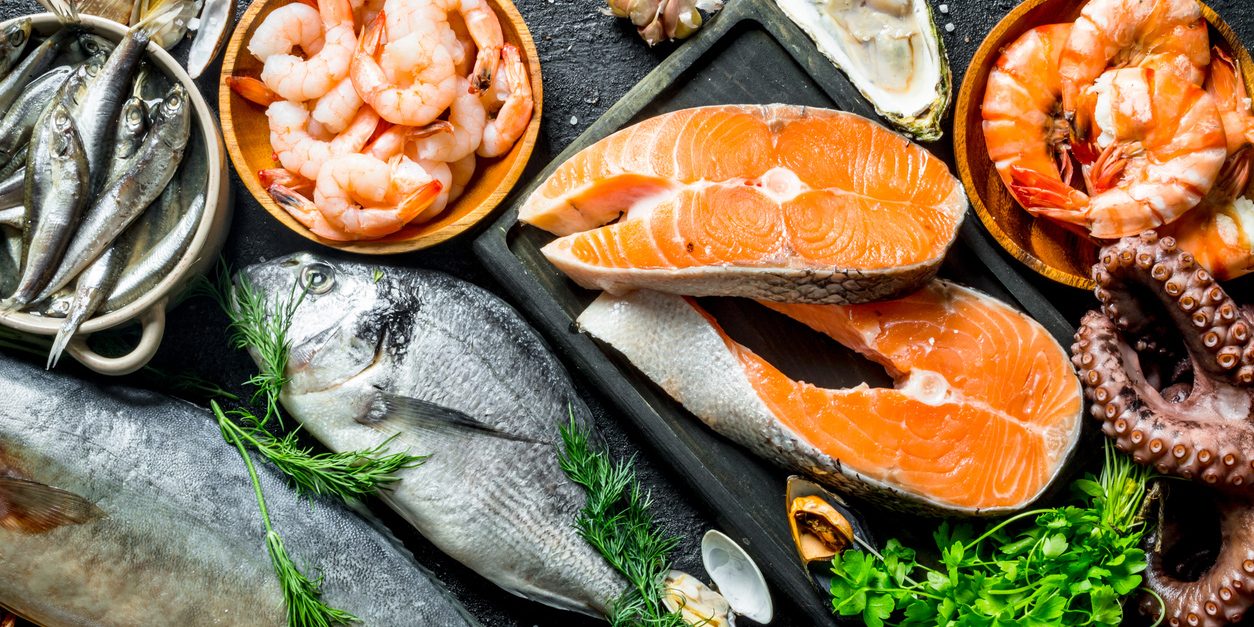
Put some more prawns on the barbie – seafood could protect against kidney disease
The largest ever analysis of the health benefits of certain fatty acids found in seafood has found that people who consumed the most had a lower risk of developing chronic kidney disease.
Researchers from The George Institute and UNSW, Sydney analysed studies involving over 25,000 participants across 12 countries and found those with the highest levels of a blood marker of seafood-derived polyunsaturated fatty acids also had a slower decline in kidney function.
Professor Jason Wu, Head of Nutrition Science at The George Institute and Professor at UNSW Medicine & Health’s School of Population Health said that while long-chain omega-3 polyunsaturated fatty acids or n-3 PUFAs, are known to be good for heart health, it seems they could be good for our kidneys too.
“Aussies love their seafood, especially at this time of year, and these results provide even more reason to include seafood and oily fish as part of a healthy diet,” he said.
Chronic kidney disease (CKD) affects about 700 million people worldwide, or one in eleven in the general population. People with CKD are at higher risk of cardiovascular disease and may eventually progress to kidney failure that severely impacts health and quality of life.
“Because rates of CKD are increasing and there is currently no cure, it’s more important than ever to find ways to slow the progression of this devastating disease,” Prof Wu added.
Randomised controlled trials have previously shown that increased n-3 PUFA intake improved conditions that are involved in the development of cardiovascular disease, such as arterial stiffness, high blood pressure, and elevated blood levels of fats called triglycerides.
Lead author Dr Kwok Leung Ong, senior research fellow at UNSW, Sydney said that since these conditions are also risk factors for CKD, the research team wanted to see if n-3 PUFAs could also be useful in managing kidney disease.
“By collaborating with a network of like-minded researchers around the world, we were able to gather and analyse the largest ever set of data to examine this relationship,” he said.
The 25,570 participants included in the analysis were divided into five levels according to total seafood n-3 PUFA consumption, determined by measuring n-3 PUFA circulating in the blood.
The results showed that those in the top fifth of n-3 PUFA levels had a 13 percent lower risk of developing abnormal kidney function consistent with CKD compared with those in the lowest fifth. However, the researchers found that plant-derived n-3 PUFA levels did not show the same benefits.
“Although the degree of association between higher seafood-derived n-3 PUFA was modest, our findings suggest it is enough to encourage adequate consumption of seafood and oily fish, especially in those at risk of kidney disease,” said Dr Ong.
“But these findings also provide a good reason to conduct further randomised controlled trials to assess the potential beneficial role of seafood n-3 PUFA in the prevention and management of CKD.”






